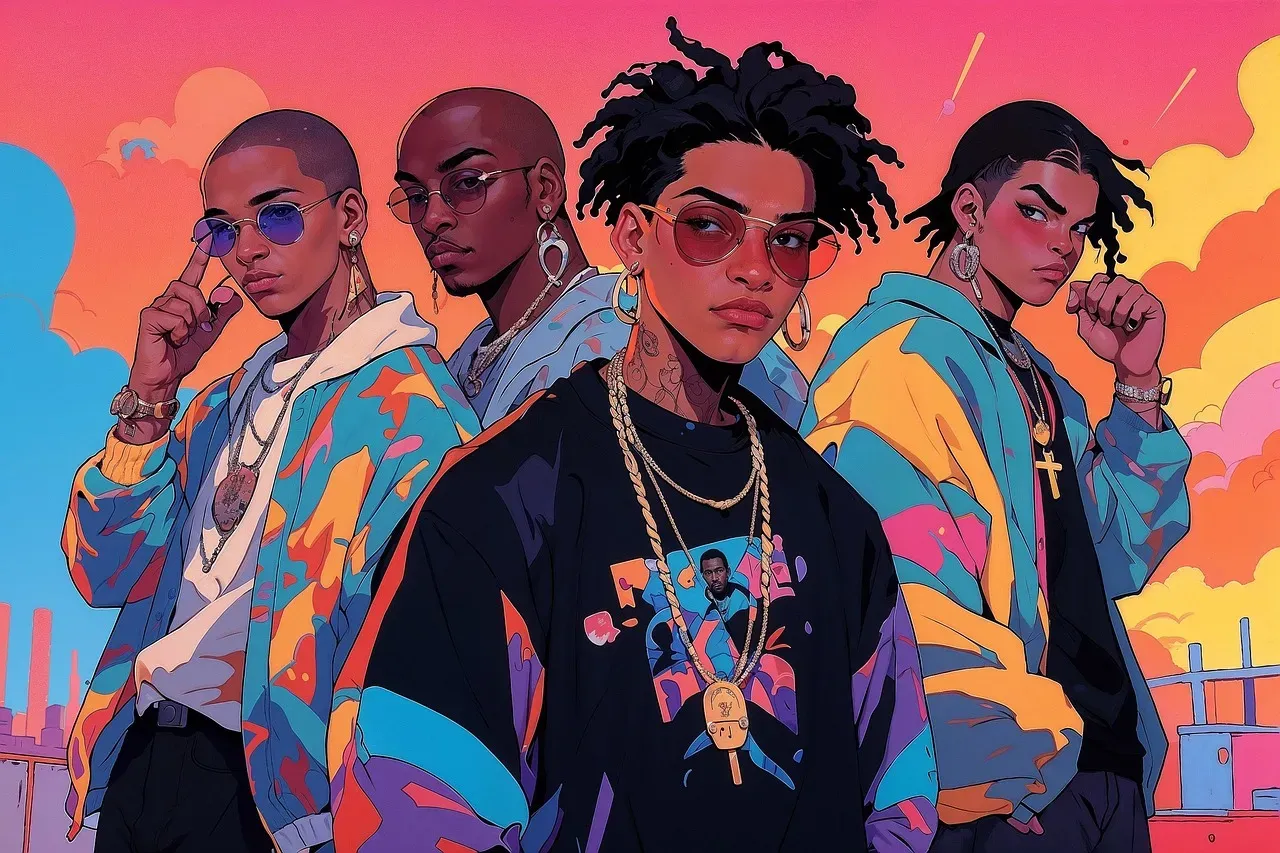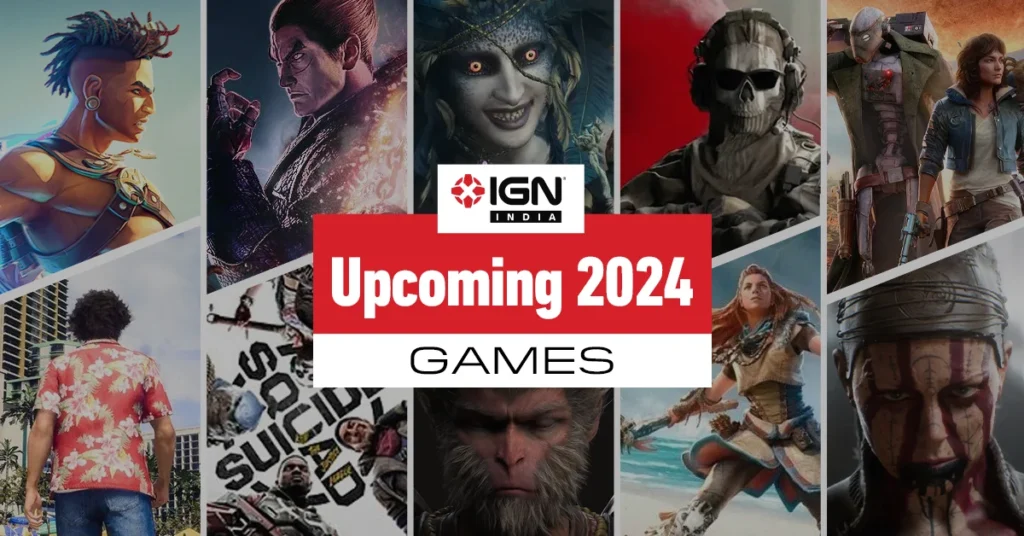AI-generated hip-hop is revolutionizing the music landscape, blurring the lines between authenticity and imitation. With generative AI music tools becoming increasingly sophisticated, listeners may find it challenging to discern original tracks from those featuring artificially created vocals of their favorite rappers. This musical shift has sparked a heated debate within the AI in the music industry, raising questions about identity theft in music and the ethical implications of copyright issues. Notably, high-profile artists like Drake have voiced concerns over unauthorized AI-generated content, amplifying the ongoing AI music controversy. As these technology-driven sounds proliferate across platforms like YouTube and TikTok, the need for a thoughtful discussion on regulation and creative rights has never been more pressing.
The emergence of computer-generated hip-hop signifies a transformative era in modern music, where algorithms can replicate and innovate upon the essence of renowned artists. As advancements in digital sound engineering allow for realistic simulations of rapper’s voices, the genre faces a dual-edged sword of creativity and legality. This trend not only raises eyebrows regarding potential identity misappropriation but also challenges traditional notions of music production and ownership. In this increasingly complex environment, industry stakeholders grapple with the implications of generative tools, debating their impact on music copyright regulations and the future landscape of cultural creativity. The ongoing dialogue is underscored by the necessity for clarity on ethical practices and artistic integrity as AI technology reshapes the musical narrative.
The Rise of AI-Generated Hip-Hop Music
In recent months, the internet has been flooded with AI-generated hip-hop music, raising questions about authenticity and originality in the genre. With generative AI technology becoming increasingly sophisticated, artists and fans alike find it challenging to differentiate between real performances and those created by algorithms. Notable examples, such as tracks featuring AI-generated versions of iconic voices like Eminem and Jay-Z, have sparked both intrigue and controversy. This trend not only challenges traditional music production but also prompts discussions about the future of creativity in the hip-hop space.
The surge in AI-generated hip-hop is transforming how we consume music, with platforms like YouTube and TikTok becoming hubs for these creative experiments. While many listeners appreciate the novelty and artistry behind AI tracks, others express concerns over the ethical implications and copyright issues. The blend of generative AI music and hip-hop culture underscores the genre’s dynamic nature, showcasing how advancements in technology can both enrich and complicate artistic expression. As AI continues to evolve, the hip-hop community must navigate its implications carefully.
Legal and Ethical Implications of AI in Music
The rise of AI-generated hip-hop brings a host of legal dilemmas to the forefront. Issues of copyright infringement and identity theft emerge as major concerns within the music industry. Many artists, including big names like Drake and Rihanna, are grappling with the ramifications of unauthorized use of their likenesses and voices without explicit permission. The complexities of these legal frameworks raise questions about intellectual property rights in an age where technology can mimic real voices and styles effortlessly.
Moreover, as AI music generation becomes more accessible, hobbyists and amateur creators are entering the scene, often unaware of the potential legal pitfalls they may encounter. The line between homage and appropriation can quickly blur, especially as generative AI tools become ubiquitous. As such, the music industry is at a crossroads, needing to adapt its legal structures to address these modern realities while balancing artists’ rights and fan creativity.
Controversy Surrounding AI and Identity Theft in Music
As artists like David Guetta experiment with AI-generated vocals, the music community is divided on whether such practices constitute creativity or identity theft. Critics argue that using AI to manipulate a celebrity’s voice without their consent crosses an ethical boundary, reducing an artist’s identity to a mere tool for entertainment. This controversy highlights the fundamental tensions between innovation and respect for artistry, as fans and creators navigate the implications of such technologies on personal branding and artistic integrity.
The growing concern over identity theft in music artfully illustrates the broader debate on AI’s role in creative fields. Unlike traditional music production, where collaboration and influence are openly acknowledged, AI-generated music can obscure these relationships, potentially undermining the contributions of living artists and the legacies of those no longer with us. With the technology’s swift advancement, artists and industry stakeholders are increasingly compelled to advocate for clearer guidelines to protect their identities and creative rights.
Copyright Issues and AI Music Creation
Copyright issues are increasingly relevant as the landscape of music creation shifts toward AI-generated content. Traditional music copyright laws struggle to keep pace with the rapid technology evolution, leaving many to wonder how ownership is defined in these new contexts. Notably, major music labels are beginning to mobilize in response, calling for stricter regulations to prevent unauthorized use of artists’ material in AI training models. This creates an unsettling environment for creators who use AI tools to explore new soundscapes and expressions.
With generative AI technology in music, defining authorship becomes a complex matter, especially when a track incorporates elements of pre-existing works. Establishing rights over AI-generated music necessitates a reevaluation of legal frameworks surrounding originality and fair use. As artists and producers experiment with AI, they must also remain vigilant about copyright, ensuring that they do not infringe on existing works while continuing to innovate within this new creative paradigm.
The Future of the Music Industry with AI
As AI technology continues to revolutionize music production, the future of the music industry looks increasingly bright yet uncertain. Artists now have new tools at their disposal, enabling them to create unique sounds and broaden their artistic expression rapidly. This innovation leads to exciting collaborations between human artists and AI systems, paving the way for entirely new genres and experiences. However, this future is not without its challenges, as the industry grapples with the balance between innovation and protection.
The integration of AI in music suggests a need for rethinking traditional frameworks that govern the industry. As generative AI becomes a standard fixture in music creation, artists, producers, and legal experts alike must collaborate to establish new norms and regulations to avoid pitfalls associated with identity theft and copyright infringement. The music industry stands at an important crossroads, where the coexistence of human creativity and machine-generated content could redefine the very essence of musical artistry.
AI Music Controversy: Perspectives from Fans and Artists
The controversy surrounding AI-generated music evokes diverse perspectives from both fans and artists. Many fans celebrate this technological leap, reveling in the creativity and novelty of music that features their favorite artists, albeit in AI form. However, they often grapple with the ethical implications, weighing their enjoyment against the potential exploitation of artists’ identities. This duality underscores a cultural shift in how art is appreciated and understood in the digital age.
On the flip side, artists express frustration over their likenesses being used without consent, calling for greater accountability from both AI developers and platforms distributing these works. As they navigate the AI music landscape, many artists are left feeling vulnerable and uncertain about the future of their creative contributions. This tension illustrates the ongoing struggle within the music community to balance technological advancement with respect for individual artistry.
Generative AI Music: A Double-Edged Sword
Generative AI music represents a double-edged sword within the music industry, providing both opportunities and challenges. On the one hand, these technologies enable unique collaboration and experimentation, allowing aspiring artists to create music that was once unimaginable. This new wave of creativity is transforming the music landscape, leading to innovative sounds and artistic diversity. However, this power must be wielded with caution, as it raises concerns about ethical use and rights infringement.
On the other hand, the rise of generative AI music raises questions about authenticity in an era where content can easily be fabricated. As fans question the validity of what they listen to, artists may struggle to maintain their personal brands amid the AI upheaval. Navigating this landscape requires careful consideration, as the implications of using generative AI extend far beyond immediate entertainment, likely impacting the future trajectory of the entire music industry.
Community Reactions to AI-Generated Music
The community reaction to AI-generated music varies significantly, encompassing enthusiasm and skepticism. Many listeners are captivated by the innovative potential of AI tools, finding joy in new musical experiences that would not have been possible otherwise. Platforms like TikTok have become arenas for sharing such AI creations, sparking viral interest and engagement among fans who enjoy the experimental nature of the genre.
Conversely, significant portions of the community express concerns over the ethical implications of using AI to mimic established artists. Discussions about authenticity, originality, and the essence of creativity dominate conversations, as fans consider what AI-generated music means for the future of musical expression. Ultimately, community reactions are as diverse as the music being created, reflecting the complex relationship between technology, artistry, and audience engagement.
Navigating Technology and Tradition in Music Production
As AI-generated music begins to occupy a more prominent role in music production, navigating the intersection of technology and tradition becomes increasingly crucial. Artists and producers are tasked with the challenge of embracing innovative tools while also honoring the rich history and culture embedded within music. This balance is essential for maintaining artistic integrity and ensuring that the heart and soul of music—creativity—remains intact.
Moreover, as technology evolves, musicians must remain adaptable, continuously learning how to harness AI’s potential without losing sight of traditional songwriting and performance methods. By integrating generative AI into their processes thoughtfully, artists can create a richer soundscape that resonates with both old and new audiences, ultimately crafting a more inclusive musical future that respects the essence of human artistry.
Frequently Asked Questions
What is AI-generated hip-hop and how is it created?
AI-generated hip-hop refers to music tracks produced using generative AI tools that can mimic the styles and voices of popular hip-hop artists. These tools analyze existing music and lyrics to create new compositions, often incorporating elements from multiple artists. Popular software like So-Vits-SVC allows users to input voice models of rappers to generate unique songs.
What are the ethical implications of using AI in the music industry?
Using AI in the music industry raises significant ethical concerns, particularly around identity theft and unauthorized use of an artist’s likeness. Many artists are concerned that their voices could be imitated without consent, leading to potential legal issues and debates about originality and creativity in AI-generated hip-hop.
Are there copyright issues related to AI-generated hip-hop music?
Yes, copyright issues in AI-generated hip-hop are complex and still evolving. When AI tools use existing songs and voices without permission, it raises questions about who owns the resulting music. Major record labels are starting to act against perceived copyright infringements, leading to takedown requests for AI-generated tracks on platforms like YouTube and Spotify.
What is the controversy surrounding AI-generated music in the hip-hop genre?
The controversy surrounding AI-generated music, especially in hip-hop, revolves around identity theft and artistic integrity. High-profile artists have expressed their discontent over AI tools mimicking their voices for new songs without consent. These incidents have sparked discussions about the legal ramifications and ethical responsibilities of creators in the AI music landscape.
How does generative AI music pose a threat to traditional artists?
Generative AI music poses a threat to traditional artists by potentially diluting their brand and professional identity. By allowing computers to produce tracks that sound like popular artists, it challenges the unique artistic expressions of musicians and raises concerns that fans may prefer AI-generated content over original works.
What steps are being taken to regulate AI in the music industry?
In response to concerns about AI-generated music, major music labels like Universal Music Group are advocating for regulatory measures to prevent the unauthorized extraction of content used by AI tools. This includes collaboration with streaming services to curb the scraping of music data that powers generative AI systems.
What can be done to protect artists from unauthorized AI-generated music?
To protect artists from unauthorized AI-generated music, it is essential to establish clearer legal frameworks that define intellectual property rights concerning AI outputs. Artists can also take proactive measures by speaking out against misuse and engaging in ongoing discussions about the ethical use of technology in music.
What future does AI-generated hip-hop hold for the music industry?
AI-generated hip-hop is likely to continue growing as a trend, creating both opportunities for innovation and challenges for copyright enforcement. As technology evolves, artists, producers, and the industry will need to navigate these changes thoughtfully, considering both the creative potential and the ethical implications of AI integration.
| Key Point | Details |
|---|---|
| Emergence of AI-Generated Hip-Hop | With new AI tools, it is hard to tell whether artists are singing or if their voices are generated. |
| High-Profile Examples | David Guetta used AI-generated Eminem vocals in a live performance; Drake and Jay-Z’s vocals feature in several AI tracks. |
| Controversy Surrounding AI-Generated Music | Debate about identity theft vs. homage to artists. Drake expressed frustration with AI-generated music using his likeness. |
| Industry Response | Universal Music Group is taking steps to combat AI tools scraping content from their artists. |
| Legal and Ethical Concerns | Uncertainty over legal rights; hobbyists argue it’s a creative extension, but some claim it’s identity theft. |
| User Experiences | Several users are creating AI music models and sharing them, often without realizing the ethical implications. |
| Future of AI in Music | The technology is here to stay, and ongoing discussions will shape its place in the music industry. |
Summary
AI-generated hip-hop is reshaping the music landscape, creating a blend of innovation and controversy. With the emergence of powerful AI tools, artists’ voices can now be manipulated to produce music that raises ethical and legal questions. While some fans enjoy this new form of expression, industry figures are concerned about potential identity theft and copyright issues. Ultimately, the future of AI-generated hip-hop hinges on how both creators and the industry navigate these complex challenges.



